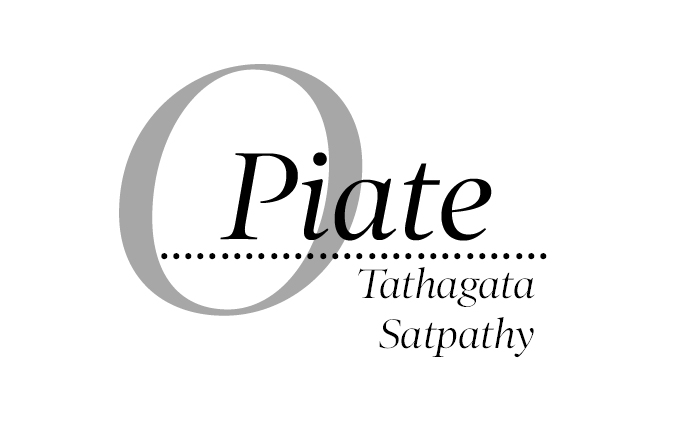We have been duly reminded by the all powerful of today that 44 years have passed since the declaration of the state of Emergency by late Prime Minister Indira Gandhi. We are also being told that the people of India did not accept the authoritarian rule imposed by the Congress in those days and those who opposed Emergency are lucky to be congratulated now. This spirit is welcome. The idea of reminding citizens about anti democratic forces that had raised their heads in history should also be refreshed in people’s memory. However, history is never confined to the past alone. It is being created every moment. Every breath we take immediately becomes history. So also every action, reaction, speech and even intent of ours gets etched in history as an indelible part. If today we speak about the Mauryan Empire, the Moguls, the European colonizers or even the Emergency of 44 years vintage as history to learn lessons from then we must also remember that what we do today could be judged thus 44 years or centuries later too. As we sit in judgment of history today, we ought to remember that the future too will sit in judgment of this present time as history.
Take for instance our actions and the reactions of the present day system. Mob violence that took religious overtones has claimed yet another life. 22 years old Tabrez Ansari was beaten up by a mob about a week ago at Dhatkidih village in Saraikela, Jharkhand. He succumbed to injuries Sunday after the police, who had kept him in custody, admitted him to a hospital. Chief minister of that state, Raghubar Das, has ordered a special investigation team to probe into the matter and also placed the police officer who was in-charge of Saraikela under suspension. But is that damage control adequate? Will this be the indelible history that our present time wishes to leave behind to be judged on forever? It does not seem acceptable to all. The videos of Tabrez being beaten up and being forced to utter ‘Jai Shri Ram’ are doing the rounds on social media. These incidents continue to create fear and a deeply divisive emotion not only among a particular minority but also seem alarming for all people aware of lurking threats. Lest we forget history, such hatred and persecution is not new or exclusive to present day India. The world knows that when such hatred surfaces against particular sects, castes, gender or religious groups it never stays put and limited in its boundaries. Hatred spills over and engulfs others who kept quiet when their neighbours were burning. How this fear would manifest in the coming times is not difficult to predict.
A similar mindset is prevalent in social sphere, too. History has also taught that language alone retains cultural heritage for any society. Destroy the language and it becomes easy to enslave the people. In this backdrop, the clandestine but obvious effort to impose Hindi as the sole language, at the cost of all other languages, across the subcontinent seems ominous. India’s strength lies not only in its oft-repeated diversity but also in its flexibility to encompass so many languages. Different languages have kept the Union united. When attacks have commenced on that, as is evident in the recently announced Education Policy by the federal government, it is time for all conscious citizens to sit up and take note. It is, of course, sad that most Oriyas do not feel happy about their language. The elation felt when hearing one’s own language is missing among the local populace. It is because the education system in the state and the leadership, both political and social, have never tried to inculcate the understanding of the beauty of this language among the students. We have generations upon generations of Oriyas who are unaware of the antiquity of their language. While they fight bitterly over whether it should be Oriya or Odia, they are unaware that this probably is the only ‘live’ script that is a direct derivative of Prakrit/Pali. The way the name of the state was written in Oriya prior to the formal change in the English spelling remains the same even now. It has very little meaning how one spells the name in English. What matters most is that the need of the hour is to protect our mother tongue from the invasion being launched by the government under the guise of Hindi to destroy our culture and history. We must not go into slumber at these critical moments when history is being created.
